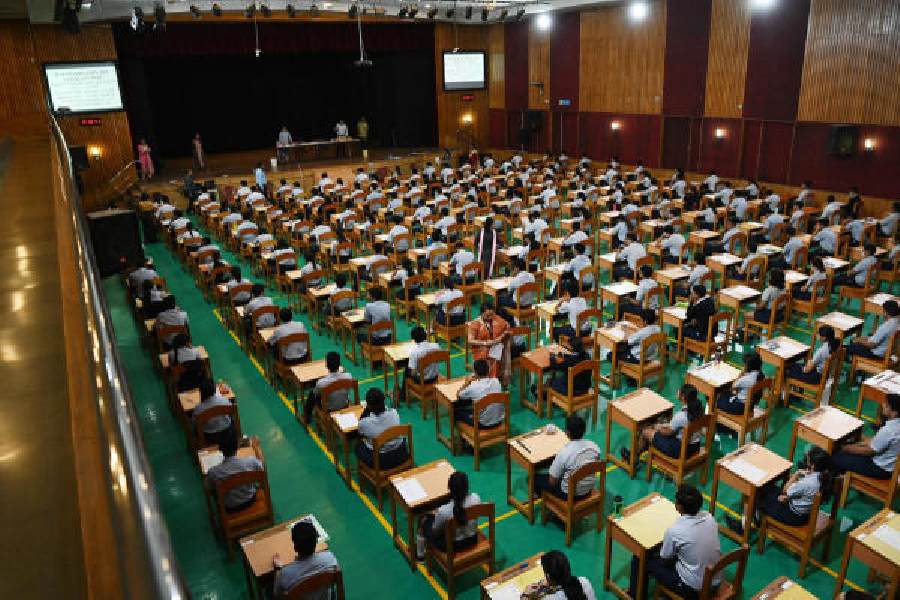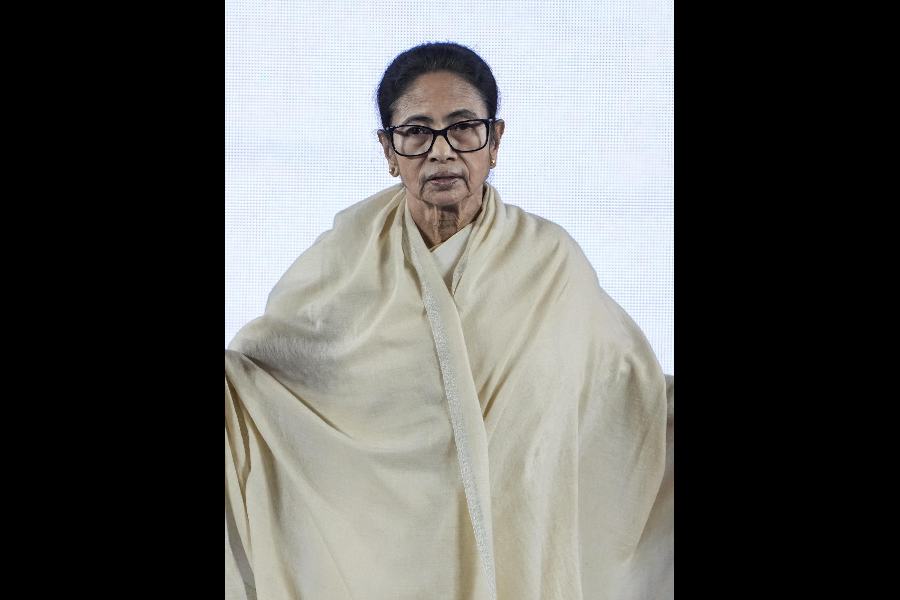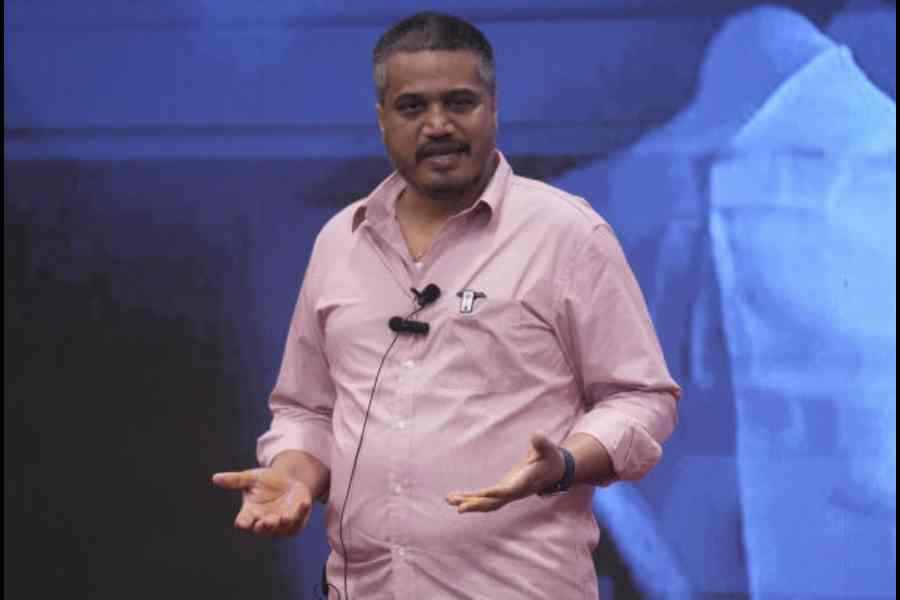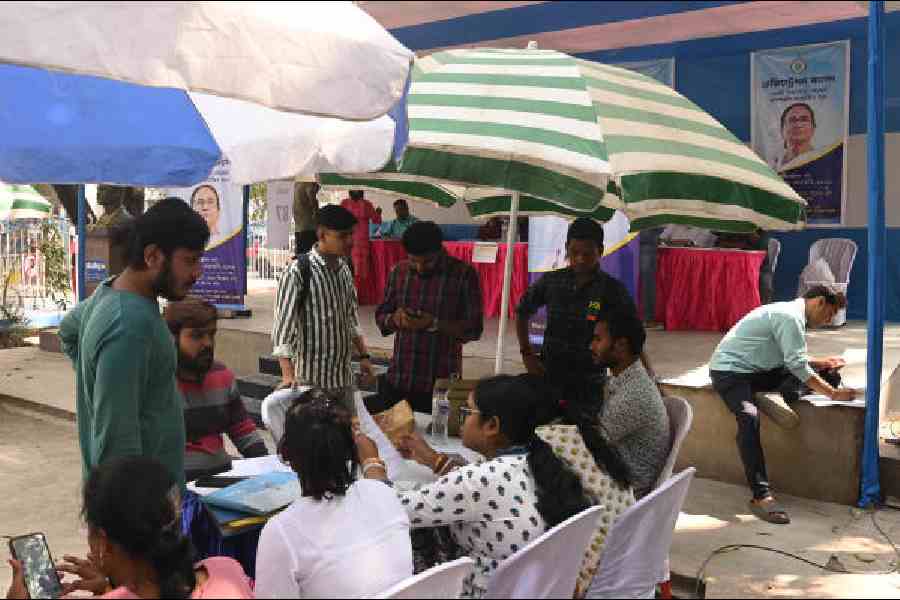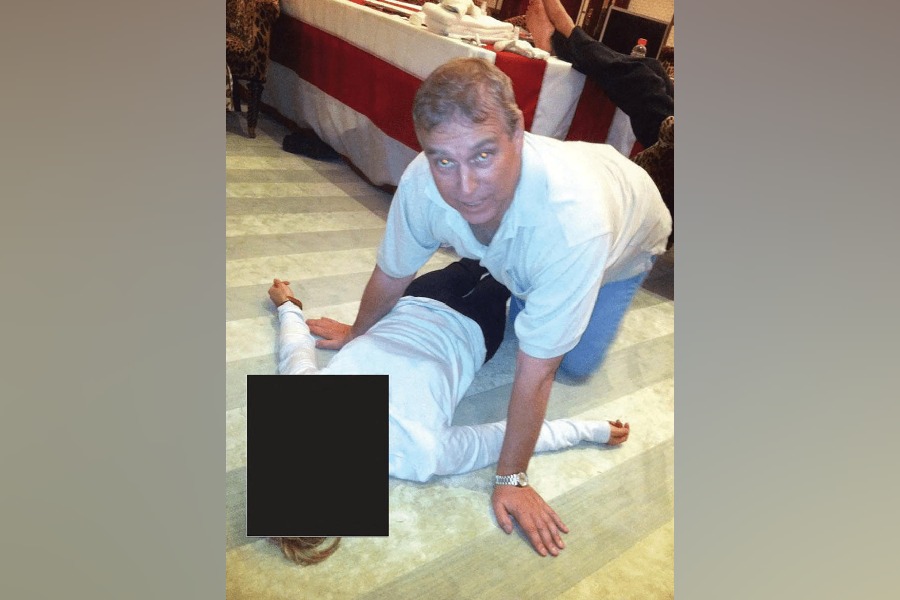Questions based on real-life situations were included in ICSE (Class X) and ISC (Class XII) papers in this year’s board exams.
Current affairs and events from daily life that students can relate to were used to test their understanding of concepts taught in class.
In ICSE history and civics, students were asked how the Speaker should act when faced with an unruly situation in the Lok Sabha.
In ISC economics, students had to identify the principle that defines the rise in the price of chocolates during Valentine’s week in February.
Such questions were not limited to a few subjects.
The Council for the Indian School Certificate Examinations (CISCE) tried to include them across the spectrum.
“Learning has to be relatable and part of life. It is not to be confined to a particular curriculum or syllabus you read in a textbook, but much beyond that,” said Damayanti Mukherjee, principal, Modern High School for Girls.
When students appear for college or job interviews, they are expected to apply their knowledge to answer questions rather than reproduce texts learned in classrooms, she said.
“Especially at the ISC level, students choose subjects they will go on to study further. Situation-based questions or case studies in the board exams will prepare them to apply their theoretical knowledge even later in life,” said Mukherjee.
The CISCE has gradually been increasing the share of such questions in the board exams.
Last August, the council said it would give approximately 25 per cent “higher-order thinking questions” in the board exams.
“It is refreshing because history lessons are being connected to real life. It ignites curiosity in students because they understand that what they are studying in textbooks is connected to everyday life,” said Rodney Borneo, principal, St Augustine’s Day School, Shyamnagar.
Some of the questions were pictorial.
A question in the ICSE biology paper showed a picture of a girl on a beam.
“Rachna is an expert gymnast on the balance beam. She has been vigorously practising for the Olympic Games. Lately, she has been experiencing dizziness and losing her balance during the practice sessions,” is the description of the picture.
The questions that follow are: a) Which part of the membranous labyrinth is responsible for maintaining the body’s balance on the beam?
b) Which type of balance is maintained by the structure mentioned in (a)?
A composition topic in the English language in ICSE was: “Your friends played a harmless prank on you. Give an account of what happened, your response to the prank and what you learnt from the experience.”
Some teachers said that it is not enough to prepare students based on
specimen papers, but the training had to be beyond that.
“The questions are not difficult, but they are different. Some of them got perturbed by the questions. Teachers would have to train them more for them to be able to answer on the spot,” said a school principal.
Joeeta Basu, an economics teacher at the ISC level, said there had to be more focus on providing students with real-life examples and situation-based questions in the classroom.
“Students have to be prepared, or else they will find it difficult in the board examinations. For some questions, students took time to understand the question that ate into their writing time,” said Basu.
The ICSE examinations ended on March 27 and ISC on April 5.

